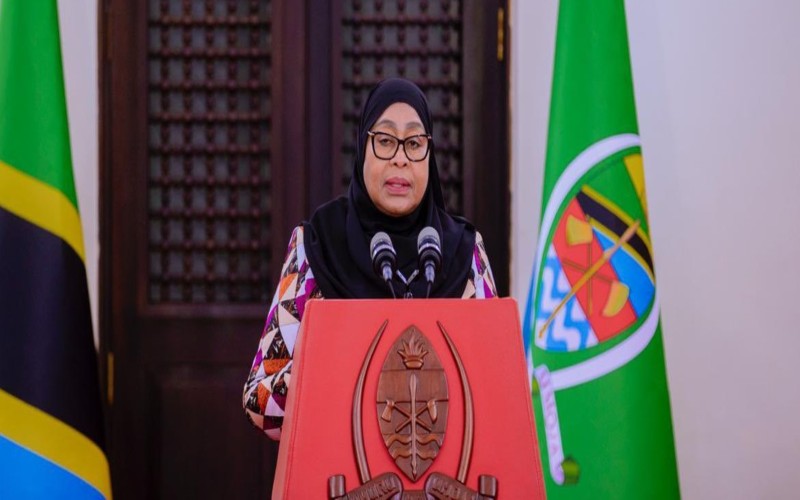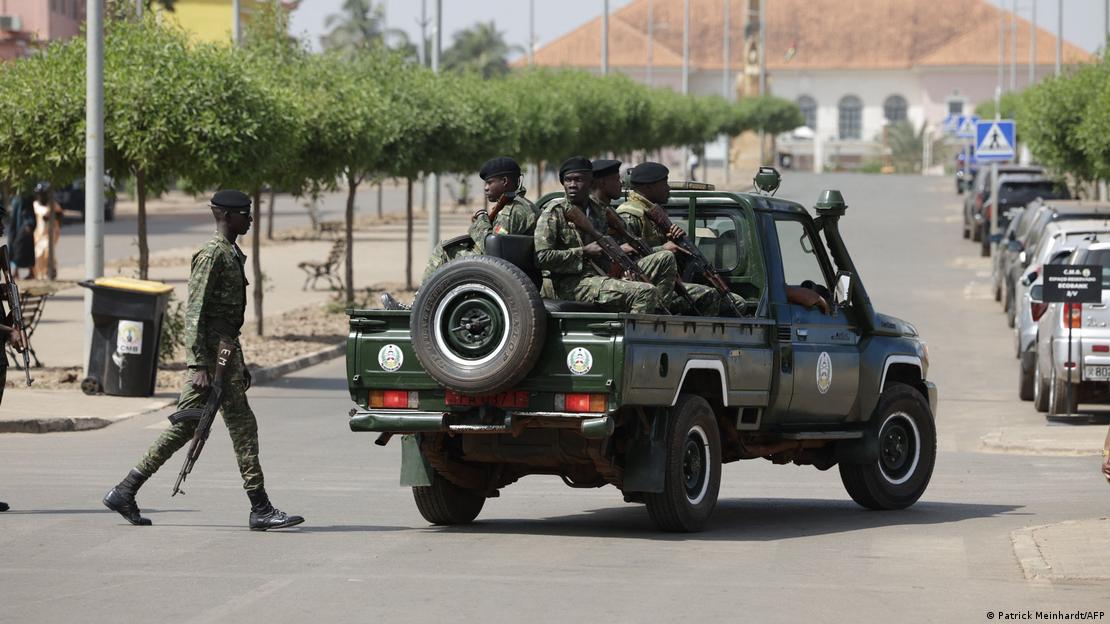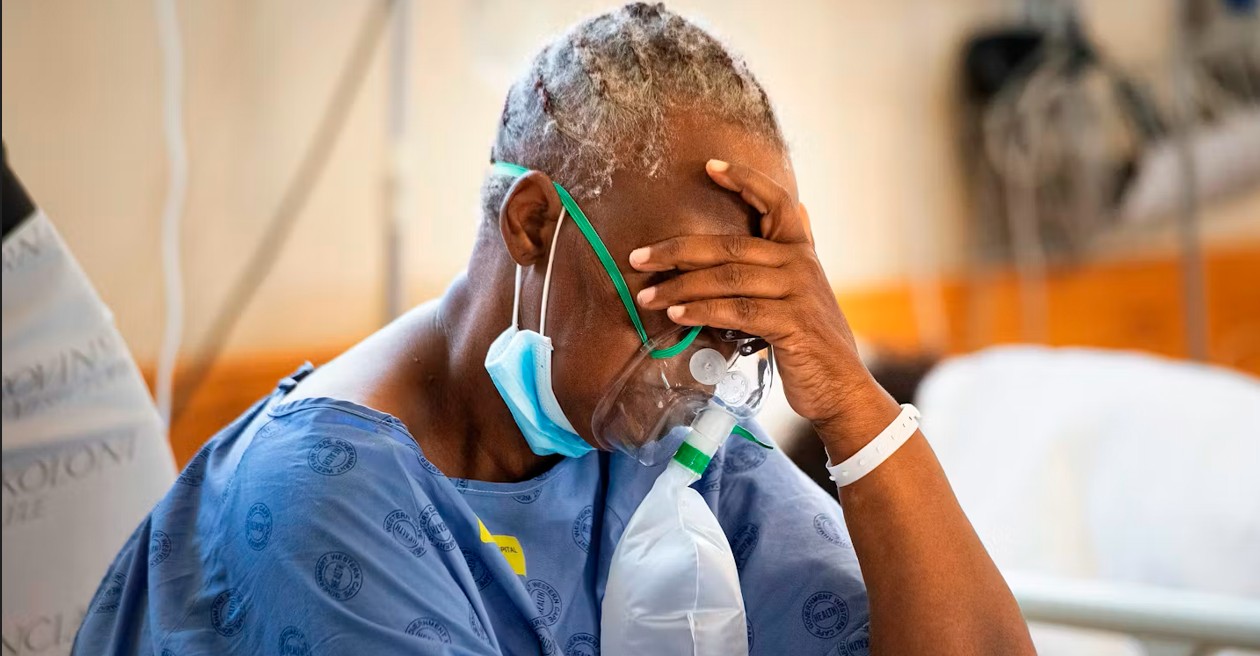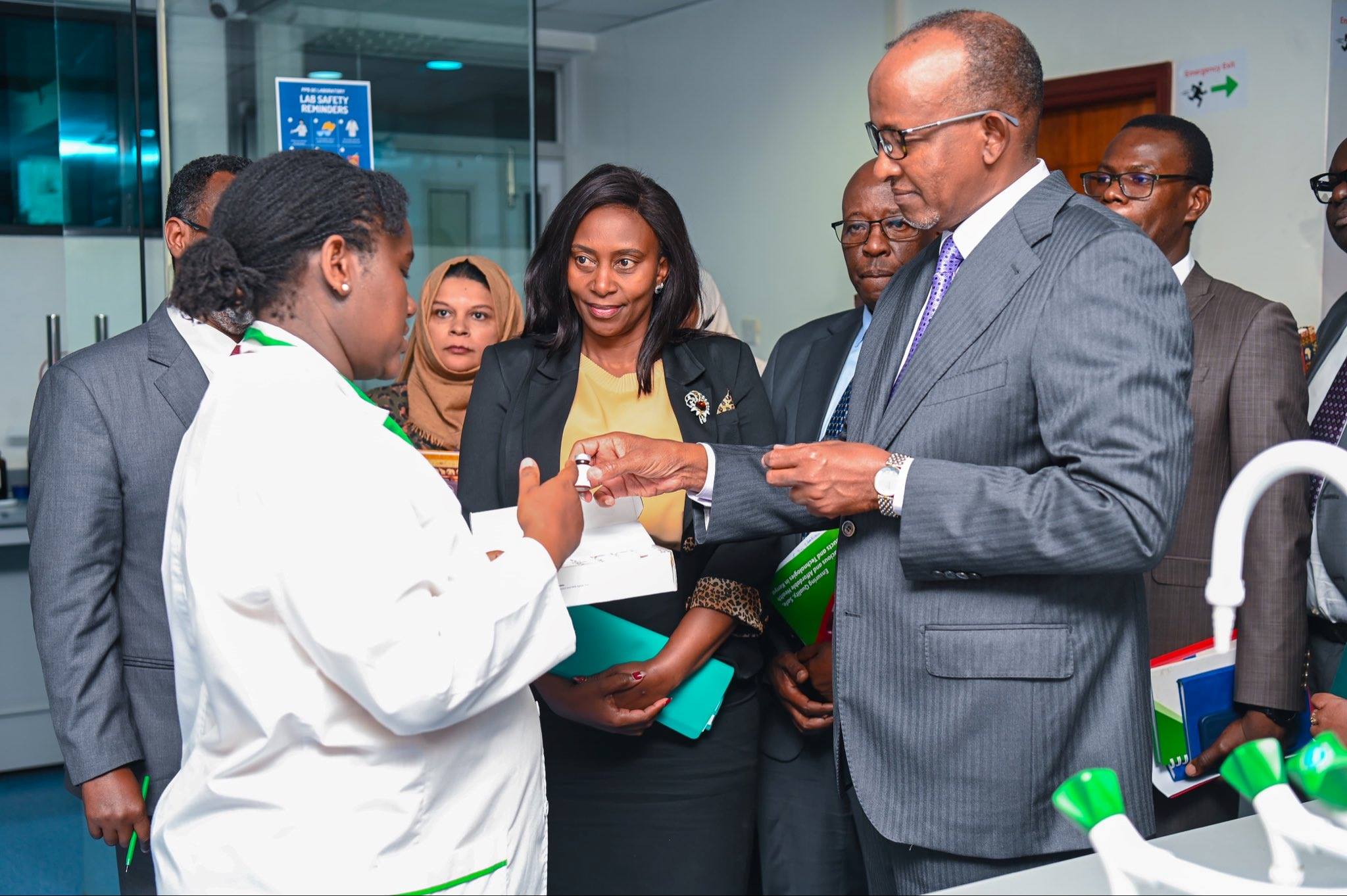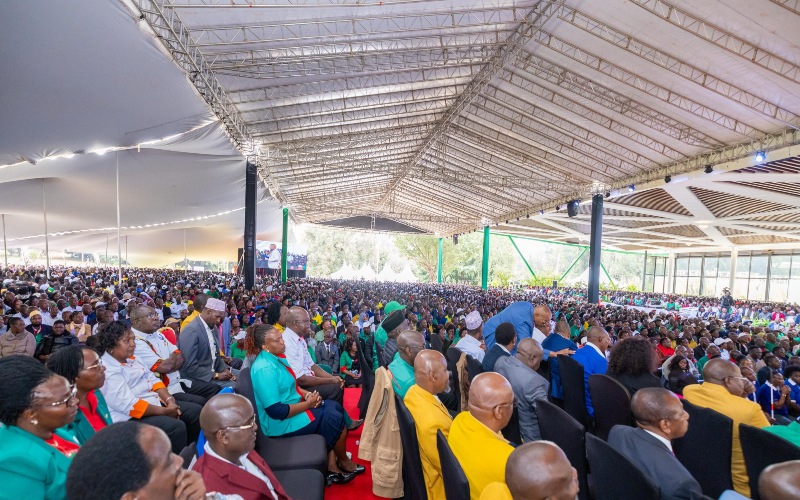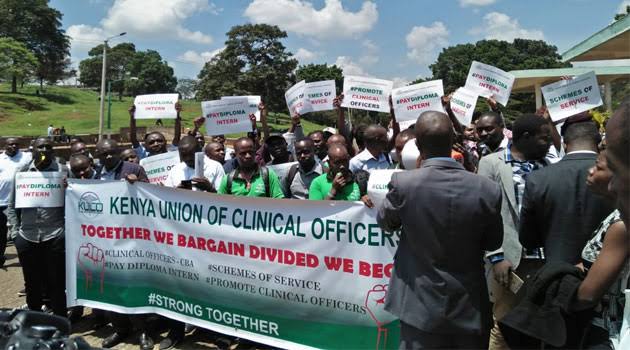MSF denounces atrocities in El Fasher, urges immediate action to aid trapped civilians
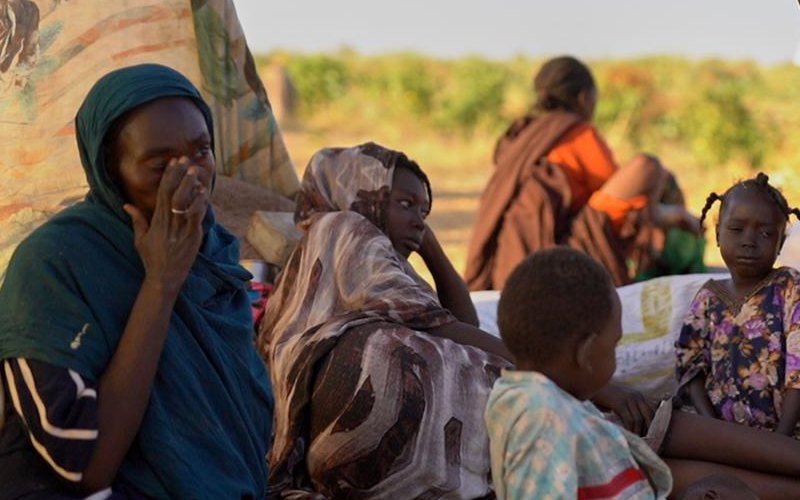
Médecins Sans Frontières (MSF) has condemned the horrific mass atrocities and killings, both indiscriminate and ethnically targeted, that have unfolded this week in and around El Fasher, Sudan.
MSF warns that large numbers of civilians remain in grave danger and are being blocked from reaching safer areas by the Rapid Support Forces (RSF) and allied groups. MSF teams are currently based in Tawila, one of the few accessible locations.
More To Read
- Sudanese army says it repelled paramilitary forces' attack after unilateral truce declaration
- Sudan ceasefire bid in limbo as army chief Abdel Fattah rejects Trump proposal while RSF agrees
- Sudan’s RSF declares three-month ceasefire amid backlash over civilian attacks
- Why UN’s gradual move back to Khartoum, Sudan is ‘an important step’
- Sudan military leader Burhan rejects US-led ceasefire plan, accuses Quad of favouring RSF
- UAE, US top diplomats discuss Sudan ceasefire efforts
In a statement, the organisation said that in recent months, waves of displaced people fled to Tawila following each major escalation of violence in El Fasher, which, according to the UN, still housed approximately 260,000 residents as of August 1.
However, in the past five days, only about 5,000 people have managed to reach Tawila, according to aid agencies on the ground.
MSF reports that survivors described witnessing massacres and spoke of others still stranded, subjected to torture, kidnappings for ransom, sexual violence, and summary executions in El Fasher, neighbouring towns, and along escape routes.
Survivors also recounted being separated by gender, age, or perceived ethnic identity, with many held for ransom.
"One survivor said he paid 24 million Sudanese pounds to his captors to save his life and escape. Another reported extremely gruesome scenes of fighters crushing several prisoners with their vehicles," MSF noted.
As MSF teams in Tawila prepared for a mass influx of displaced and injured people following the RSF’s seizure of El Fasher, North Darfur’s capital, located 60 kilometres away, on October 26, after 17 months of siege and attacks, the organisation expressed concern over the low number of arrivals.
"While accounts of large-scale atrocities are mounting. Where are all the missing people who have already survived months of famine and violence in El Fasher? Based on what patients tell us, the most likely, albeit frightening, answer is that they are being killed, blocked, and hunted down when trying to flee," said Michel Olivier Lacharité, MSF’s head of emergencies.
"We urgently call on the RSF and its allied armed groups to spare civilians and allow them to reach safety. We also urge all diplomatic stakeholders, including the 'Quad' comprising the US, Saudi Arabia, the UAE, and Egypt, to use their leverage to stop the bloodbath."
Meanwhile, MSF staff in Tawila, many of whom are Sudanese with relatives killed in El Fasher, continue to search for familiar faces among the starving and traumatised new arrivals, hoping for news of missing loved ones.
Between October 26 and 28, new arrivals from El Fasher, mostly women, children, and the elderly, were brought in by truck, bearing catastrophic levels of malnutrition.
Others, including gunshot victims, arrived on foot, having hidden during the day and trekked at night to avoid armed groups along the main roads.
"Among new arrivals on October 27, every one of the 70 children under five was acutely malnourished, with 57% suffering from severe acute malnutrition. The following day, our team screened 120 men from El Fasher, with 20% suffering from severe acute malnutrition. These indicators reflect the sheer agony endured by people in El Fasher and the surrounding camps. The area was declared famine-stricken over a year ago and has since been increasingly cut off from food and lifesaving supplies, forcing people to survive on animal feed," MSF added.
Eyewitnesses told MSF about a group of 500 civilians and soldiers from the Sudanese Armed Forces and Joint Forces who attempted to flee on October 26, most were reportedly killed or captured by RSF and its allies.
"Between October 26 and 29, we received 396 injured people and treated over 700 new arrivals from El Fasher in our hospital emergency room. The main injuries include gunshot wounds, fractures, and trauma from beatings and torture. Some patients suffer from infected wounds or complications from surgeries performed in El Fasher under desperate conditions with little access to medical supplies," said Dr. Livia Tampellini, MSF’s deputy head of emergencies.
MSF has established a health post at Tawila’s entrance and is scaling up emergency, surgical, and general medical services at the hospital.
"Given the condition of those who barely made it to Tawila alive, it’s clear they urgently need medical and nutritional care, psychosocial support, shelter, water, and comprehensive humanitarian assistance," Tampellini said, emphasising that survivors must be allowed safe passage and access to lifesaving aid.
Top Stories Today


